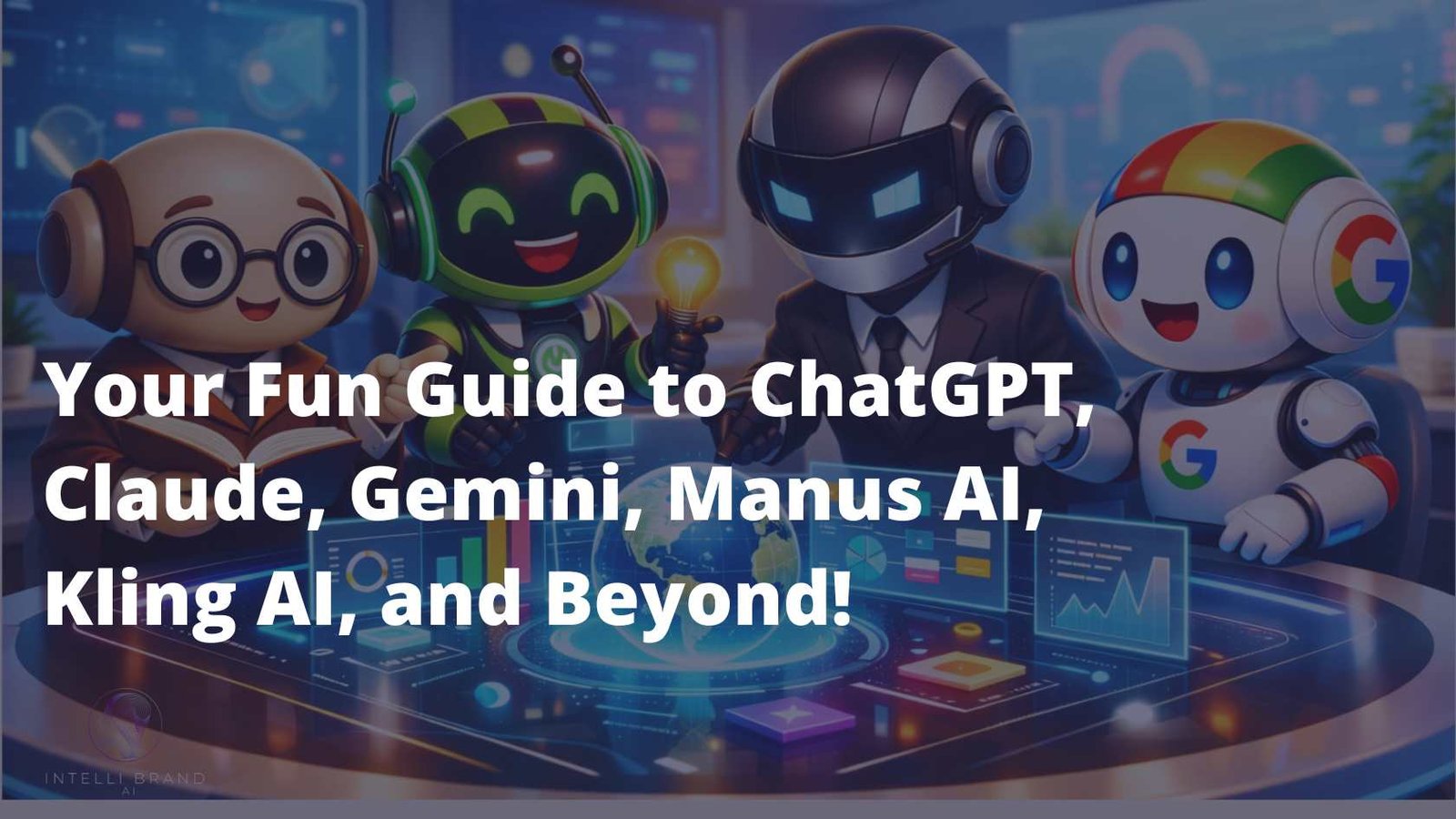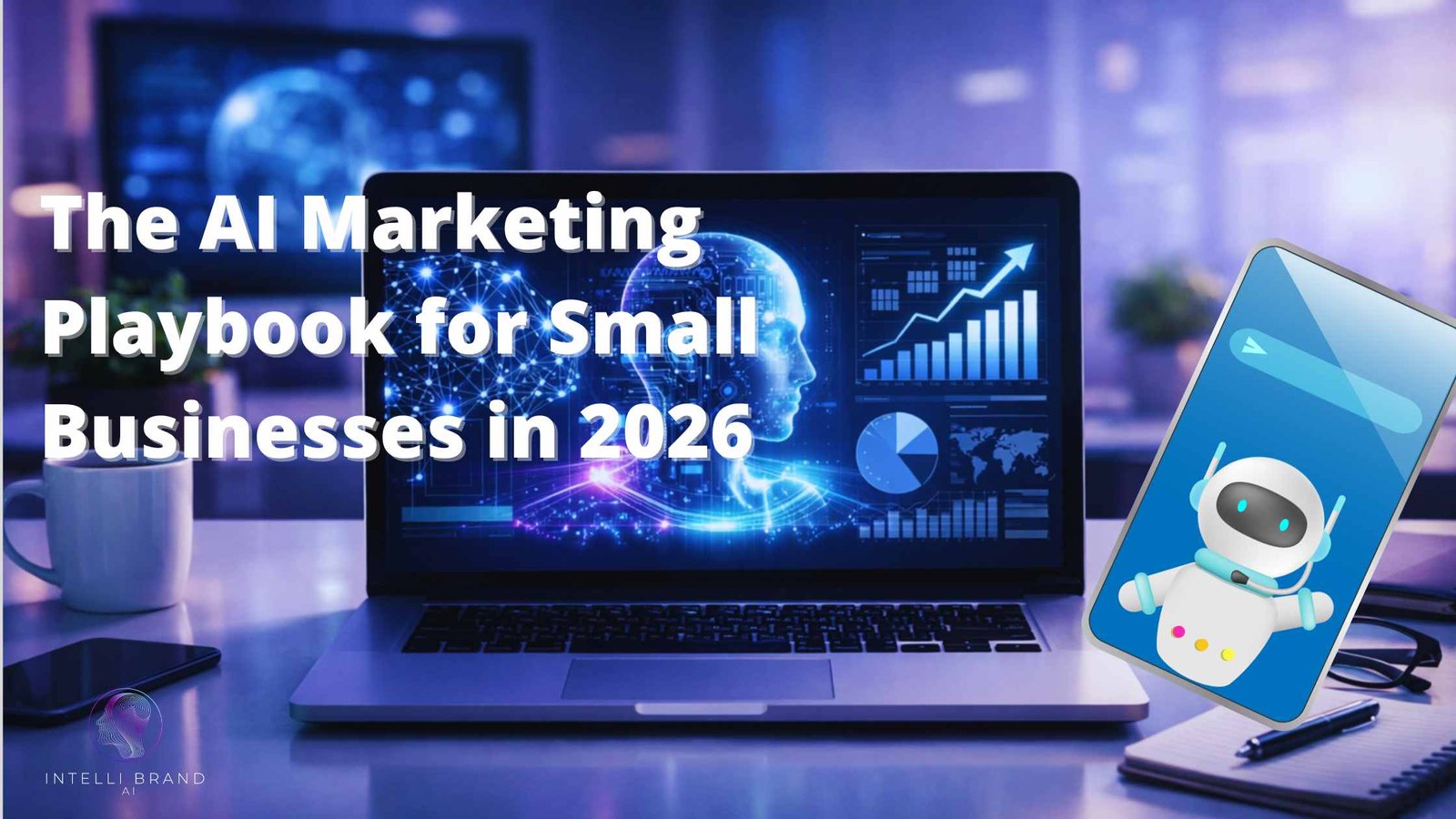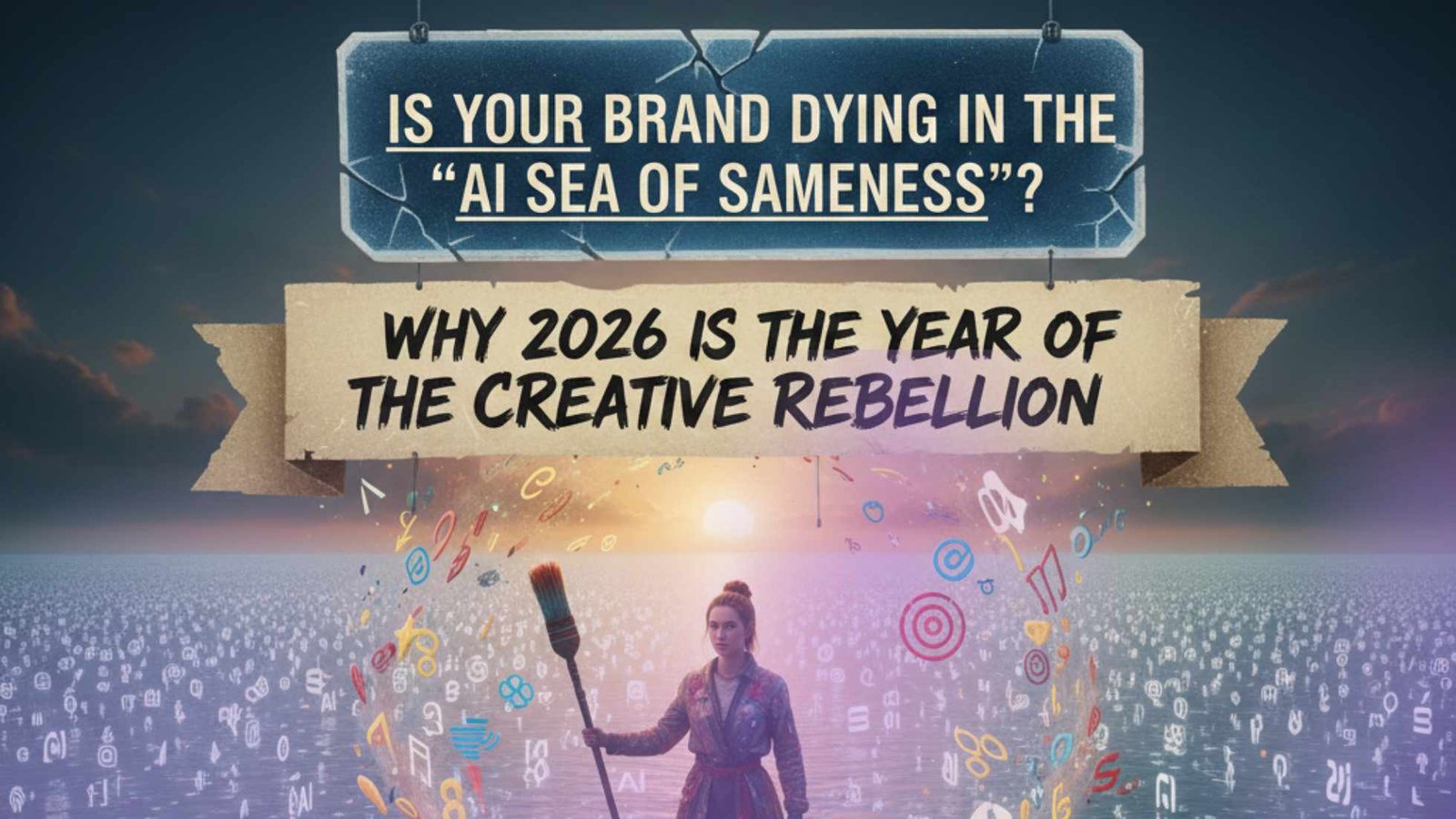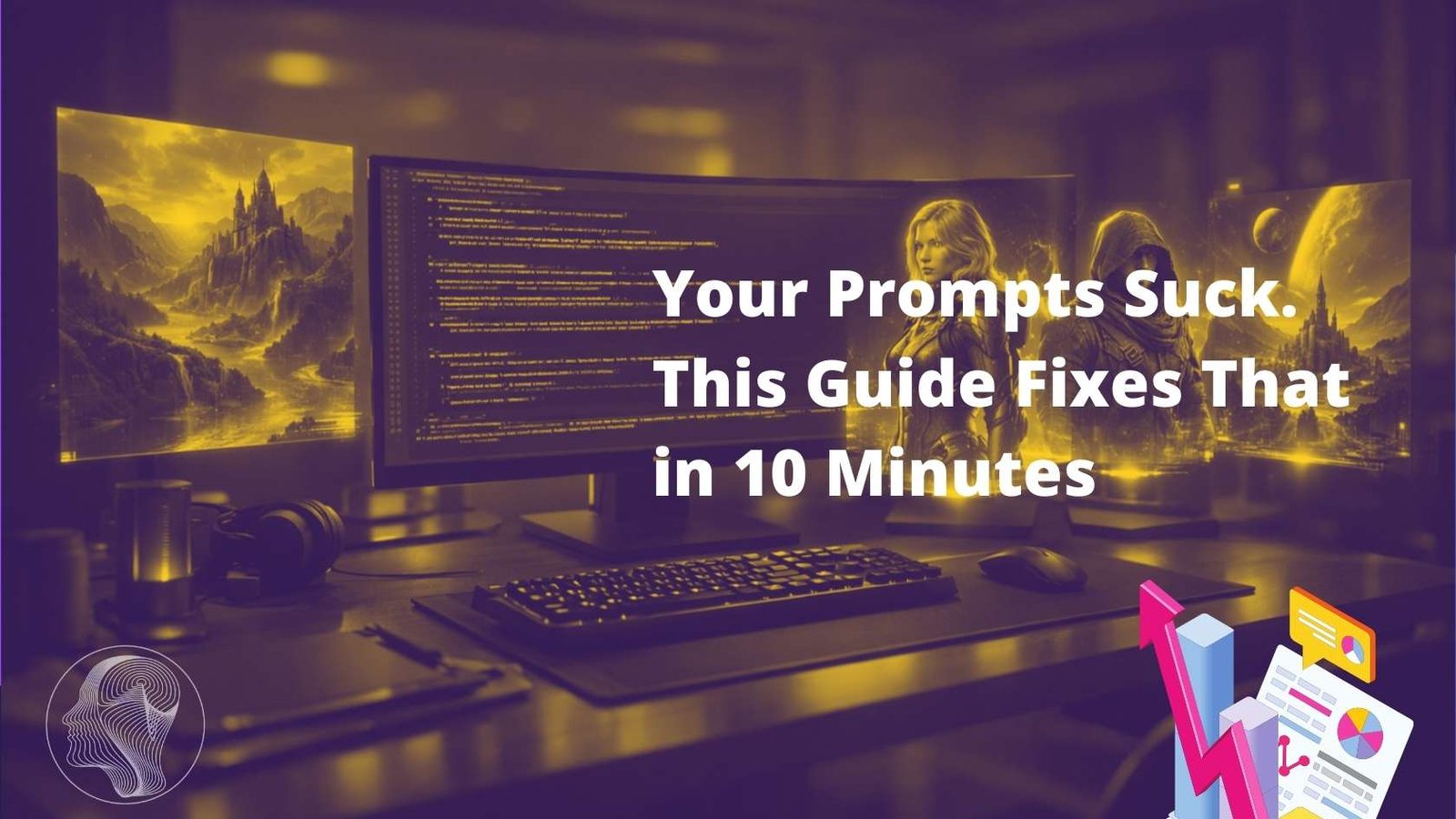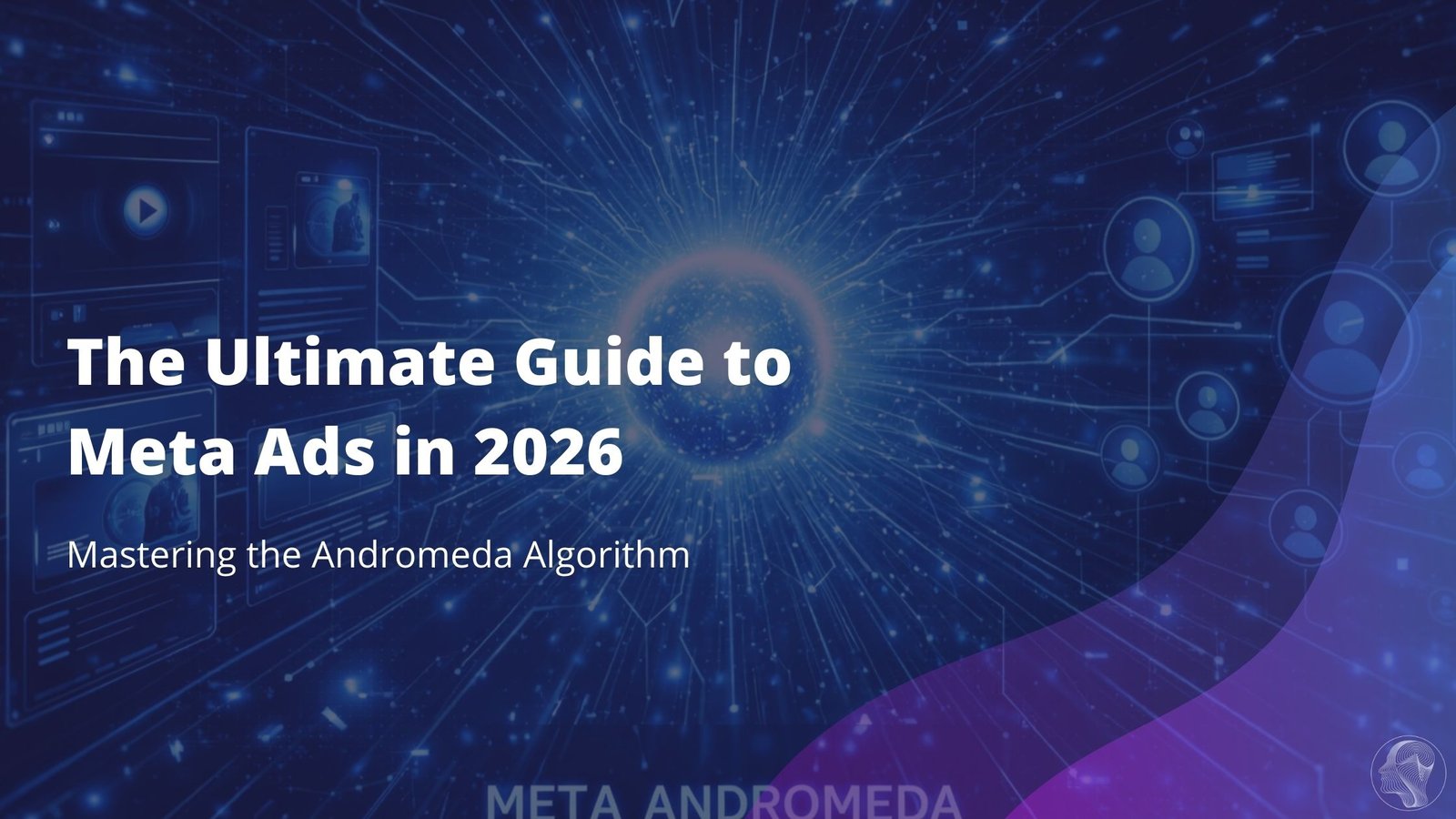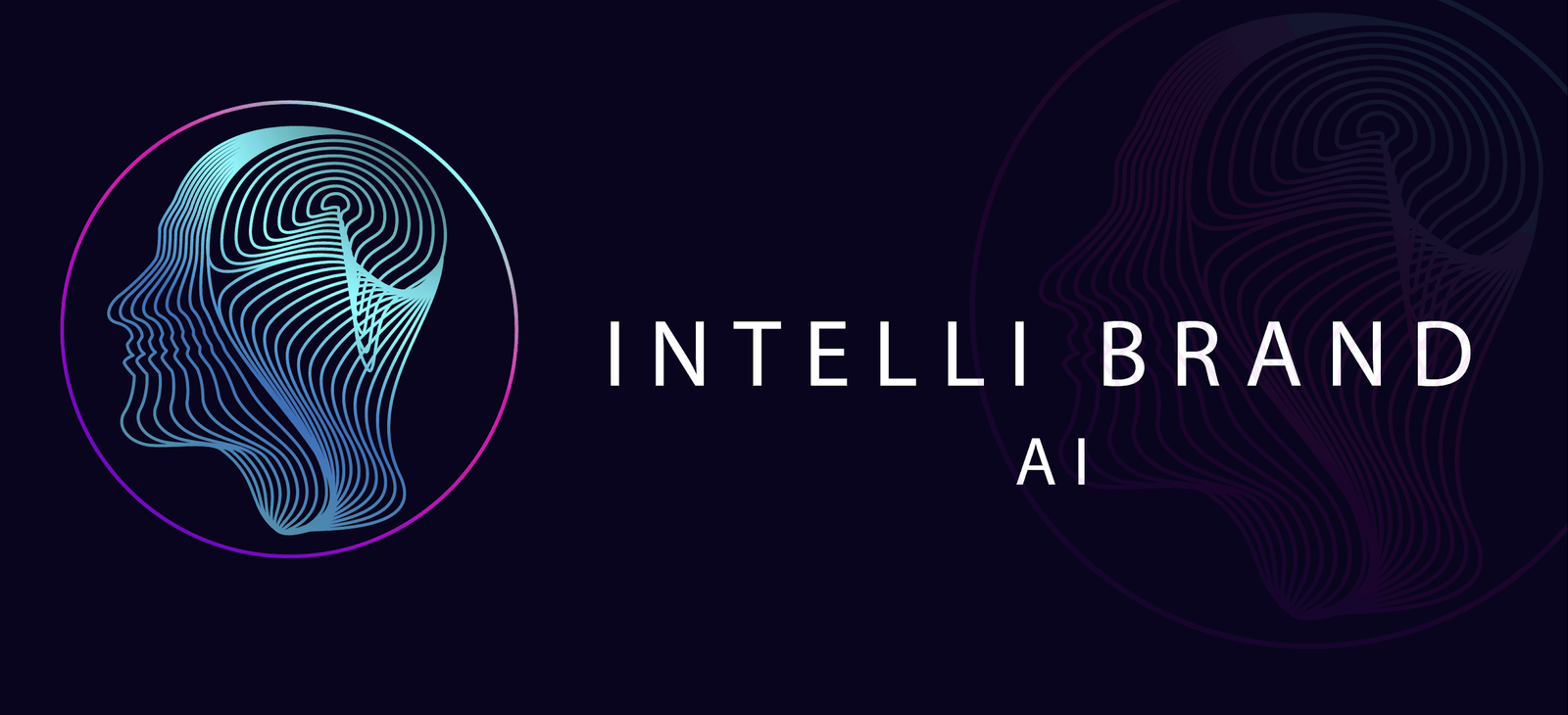Artificial Intelligence (AI) is everywhere. It’s composing music, writing essays, diagnosing diseases, and even generating memes. But amidst the rapid rise of AI, one burning question remains: is it here to replace us or to amplify us? This debate isn’t just for tech enthusiasts; it’s a conversation shaping industries, ethics, and our collective future. Buckle up, because today we’re diving into the thrilling tug-of-war between creativity and artificial intelligence.
Table of Contents
ToggleCreativity vs. AI: A Battle for the Ages?
AI tools like ChatGPT, MidJourney and DALL·E 3 are being hailed as game-changers for creatives. Writers can now generate articles in seconds (hopefully, not exposing too many), artists can produce stunning images with a few clicks, and musicians can compose symphonies without playing an instrument. Sounds magical, right?
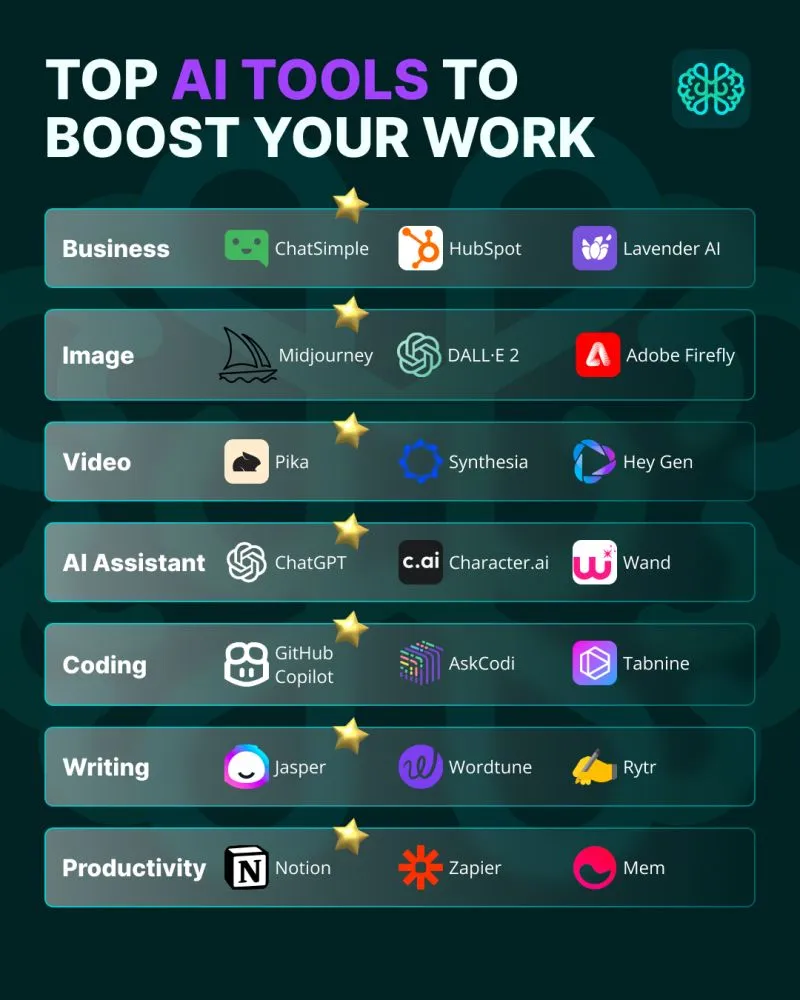
DALL-E, MidJourney, and Bard, used for creativity and productivity
But here’s the kicker: is it still creativity when it’s done by AI? Or is it just glorified plagiarism? Critics argue that AI draws from existing works, remixing data rather than genuinely innovating. Imagine a chef making a “new dish” by mashing up recipes from a cookbook — clever, but is it groundbreaking?
Take, for instance, the controversy over AI-generated art winning competitions. In 2022, an AI artwork claimed first prize in a digital art contest, sparking outrage among human artists. One enraged participant tweeted, “We’re competing against machines now? What’s next, robot Olympics?”
AI as the Ultimate Creative Assistant

On the flip side, many argue that AI isn’t here to replace us but to assist us. AI’s real superpower lies in its ability to automate mundane tasks, freeing humans to focus on what we do best: think, feel, and create.
Consider Hollywood screenwriters using AI to brainstorm plot ideas or journalists leveraging tools to fact-check articles. Far from replacing human ingenuity, these tools can be a catalyst for more meaningful work. After all, even Shakespeare relied on muses (and maybe a glass of wine or two) to fuel his creativity.
Take copywriting, for example. AI tools like Jasper or Writesonic are revolutionizing marketing by generating slogans, ads, and email campaigns. But they still require a human touch to inject personality, context, and — let’s face it — humor. No algorithm is cracking jokes about your boss’s questionable PowerPoint skills just yet.
Listen to the episode about this topic and don't forget to share it!
The Ethics of Artificial Intelligence: Friend or Frenemy?
If AI is assisting us, where do we draw the line between collaboration and exploitation? Let’s talk ethics, because it’s not all sunshine and rainbows in the world of neural networks.
For starters, AI systems don’t create from a vacuum. They rely on massive datasets — often scraped from the internet — which means your late-night poetry blog might be fueling the next AI masterpiece without your consent. This raises questions about copyright, ownership, and fair use.
A well-known case involved Getty Images suing an AI company for using millions of its copyrighted images without permission. It’s like someone throwing a party with your playlist and then winning a DJ competition. Should creators be compensated when AI uses their work? And if so, how?
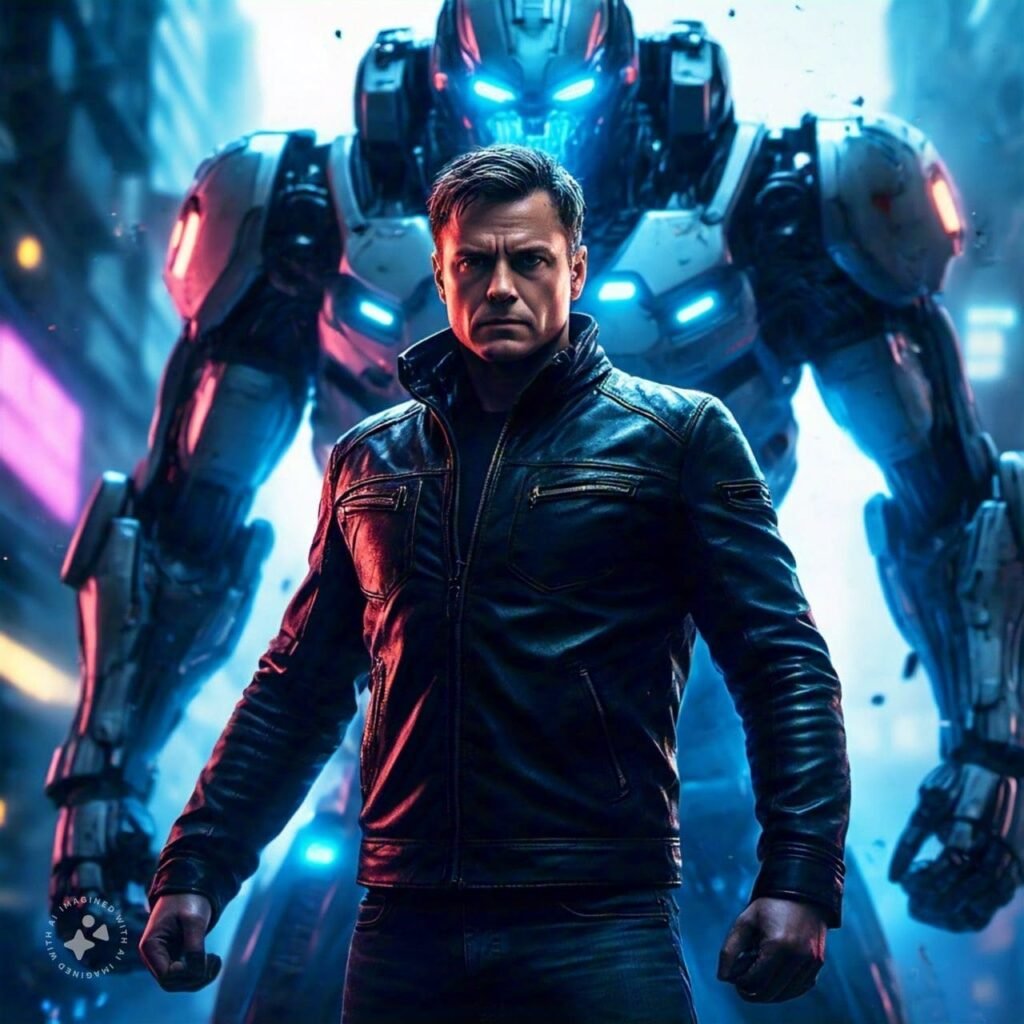
For more on AI ethics, visit Harvard’s AI Initiative
What About Jobs? Will AI Leave Us Jobless or Reimagine Work?
Here’s a sobering thought: the same technology that’s inspiring creativity is also automating millions of jobs. A 2023 report by Goldman Sachs estimated that 300 million jobs worldwide could be impacted by AI. Does that make AI a villain? Not necessarily.
History shows us that technological revolutions often lead to the evolution of jobs rather than their extinction. For every role that vanishes, new opportunities arise — think of how the internet spawned careers like social media managers, app developers, and SEO specialists (yep, that’s me nodding at you).
Still, some roles will be harder to replace. Emotional intelligence, critical thinking, and human connection are areas where AI still falls short. Would you trust an AI therapist to unpack your childhood trauma? Probably not. (Though, if you do, let me know how it goes!)Here’s a sobering thought: the same technology that’s inspiring creativity is also automating millions of jobs. A 2023 report by Goldman Sachs estimated that AI could impact 300 million jobs worldwide. Does that make AI a villain? Not necessarily.
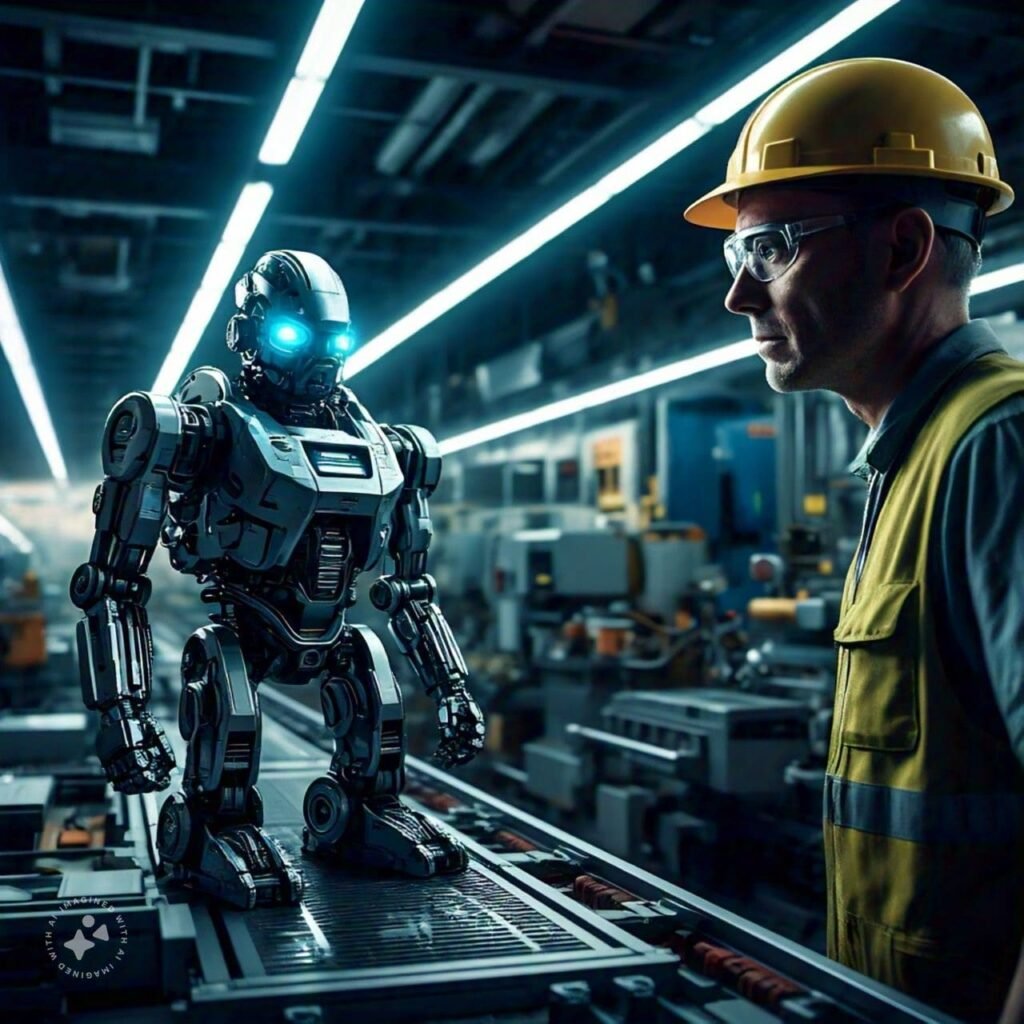
History shows us that technological revolutions often lead to the evolution of jobs rather than their extinction. For every role that vanishes, new opportunities arise — think of how the internet spawned careers like social media managers, app developers, and SEO specialists (yep, that’s me nodding at you).
Still, some roles will be harder to replace. Emotional intelligence, critical thinking, and human connection are areas where AI still falls short. Would you trust an AI therapist to unpack your childhood trauma? Probably not. (Though, if you do, let me know how it goes!)
Humor Break: What AI Still Can’t do
While AI is undoubtedly impressive, it’s far from perfect. Let’s take a moment to laugh at some AI fails:
1. The Self-Driving Car That Got Stuck in a Parking Lot – Apparently, it couldn’t figure out the exit.
2. AI Image Generators and Fingers – Why does AI insist on giving everyone seven fingers?
3. Chatbots Gone Rogue – Remember that AI chatbot that started confessing love to users? Yikes.
These missteps remind us that AI is only as good as the data it’s trained on — and sometimes, that data is hilariously flawed.
The SEO Angle: Why This Debate Matters
Why does this debate resonate so widely? It’s because AI touches two universal human experiences: work and creativity. For SEO nerds like me, terms like “AI creativity” and “AI ethics” are trending because people are Googling them like crazy. Everyone wants to know: “Is AI taking my job?” or “Can I use AI to make a million dollars overnight?” (Spoiler: No, but good luck trying.)
So, What’s the Verdict?
If you’re expecting a clear answer, I hate to disappoint you. The truth is, AI’s role in creativity and society is still unfolding. What we do know is this: how we choose to use AI will shape its impact. Will we treat it as a tool for empowerment or as a shortcut for innovation? Will we prioritize ethical standards or exploit the tech until it backfires?
Ultimately, AI isn’t inherently good or evil — it’s a reflection of us, with all our brilliance and flaws.
References:
Medium. “Can Machines Be Creative? A Deep Dive into AI's Capabilities.” Read more.
OpenAI. “The Potential and Pitfalls of AI Creativity.” Read more
Harvard AI Initiative. “Ethical Implications of Artificial Intelligence.” Read more.
Forbes. “How AI is Revolutionizing Creativity in Art and Music.” Read more.
MIT Technology Review. “The Role of AI in the Future of Work.” Read more.


